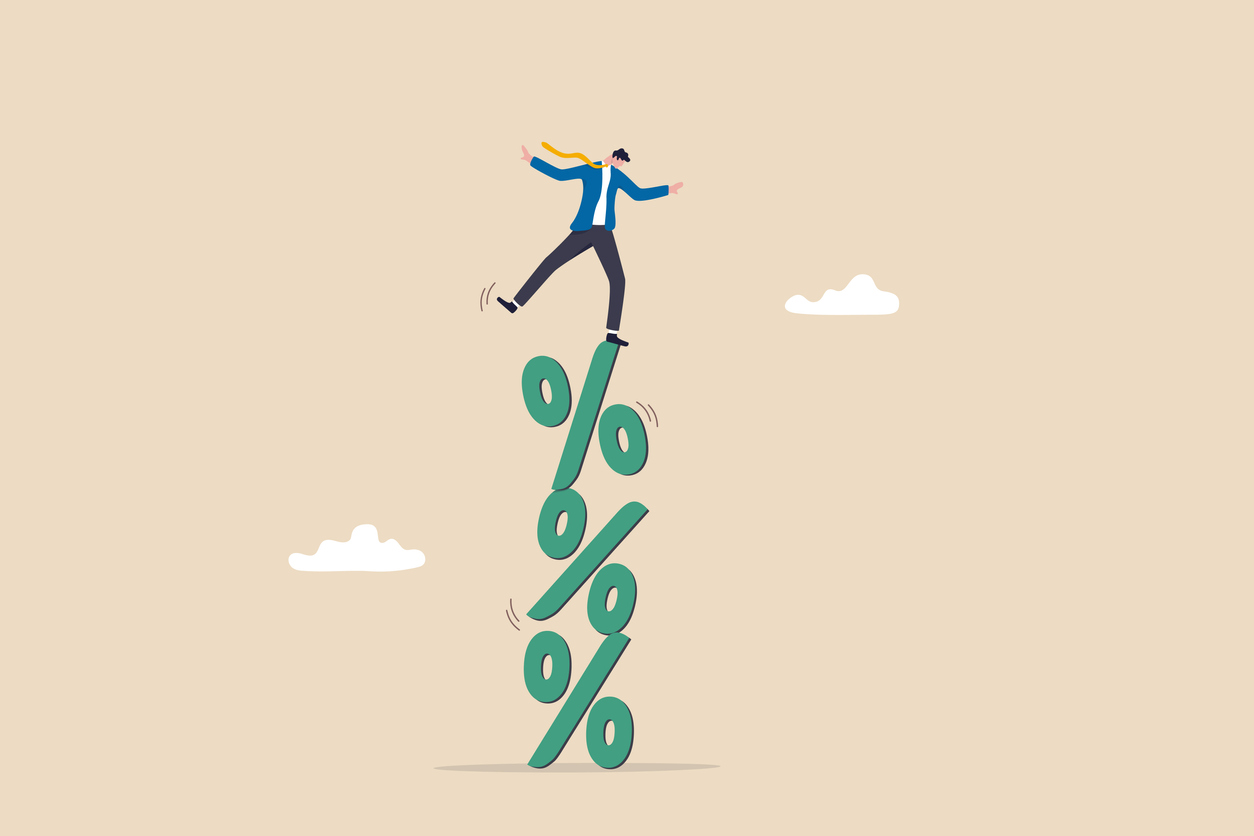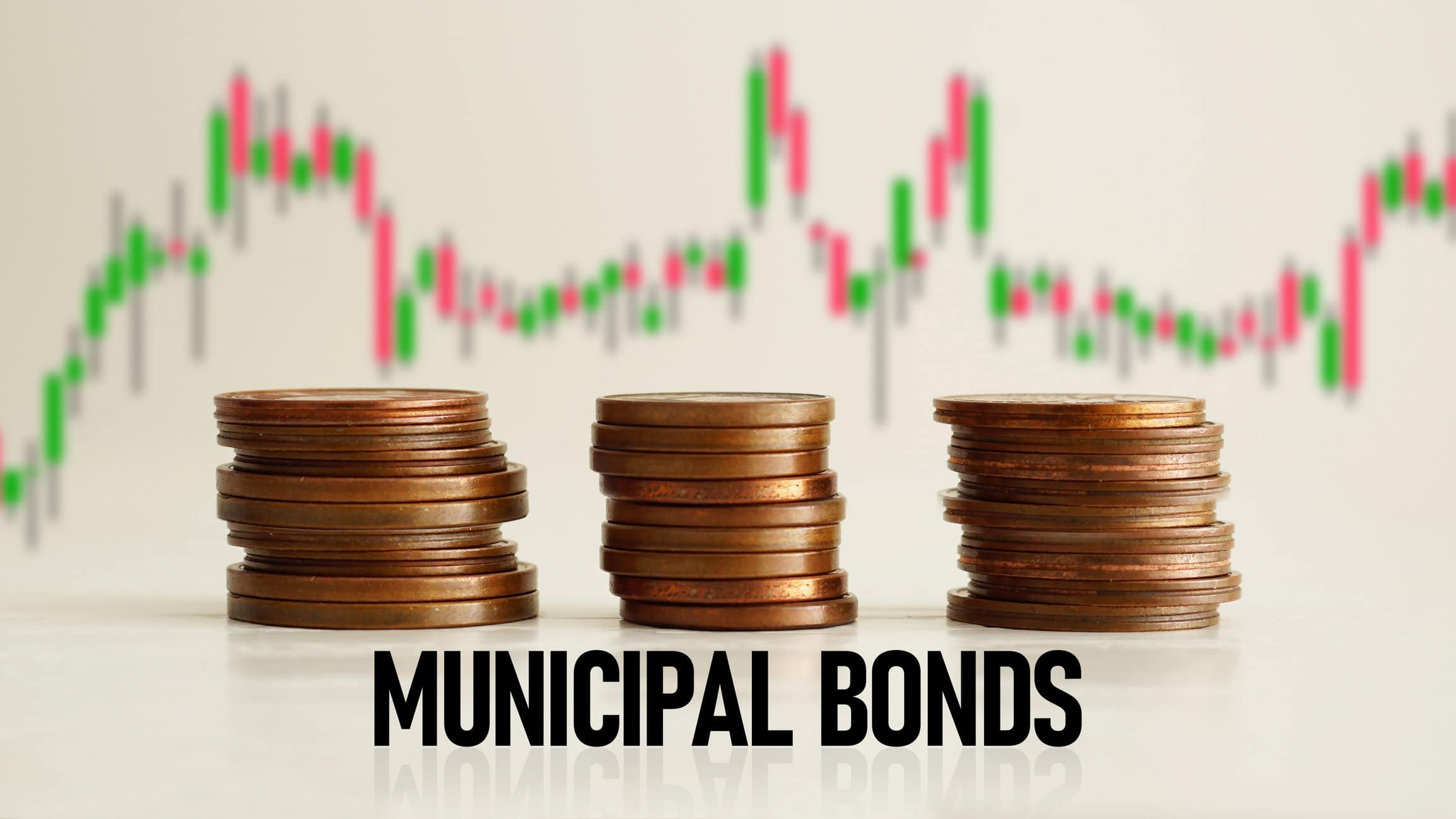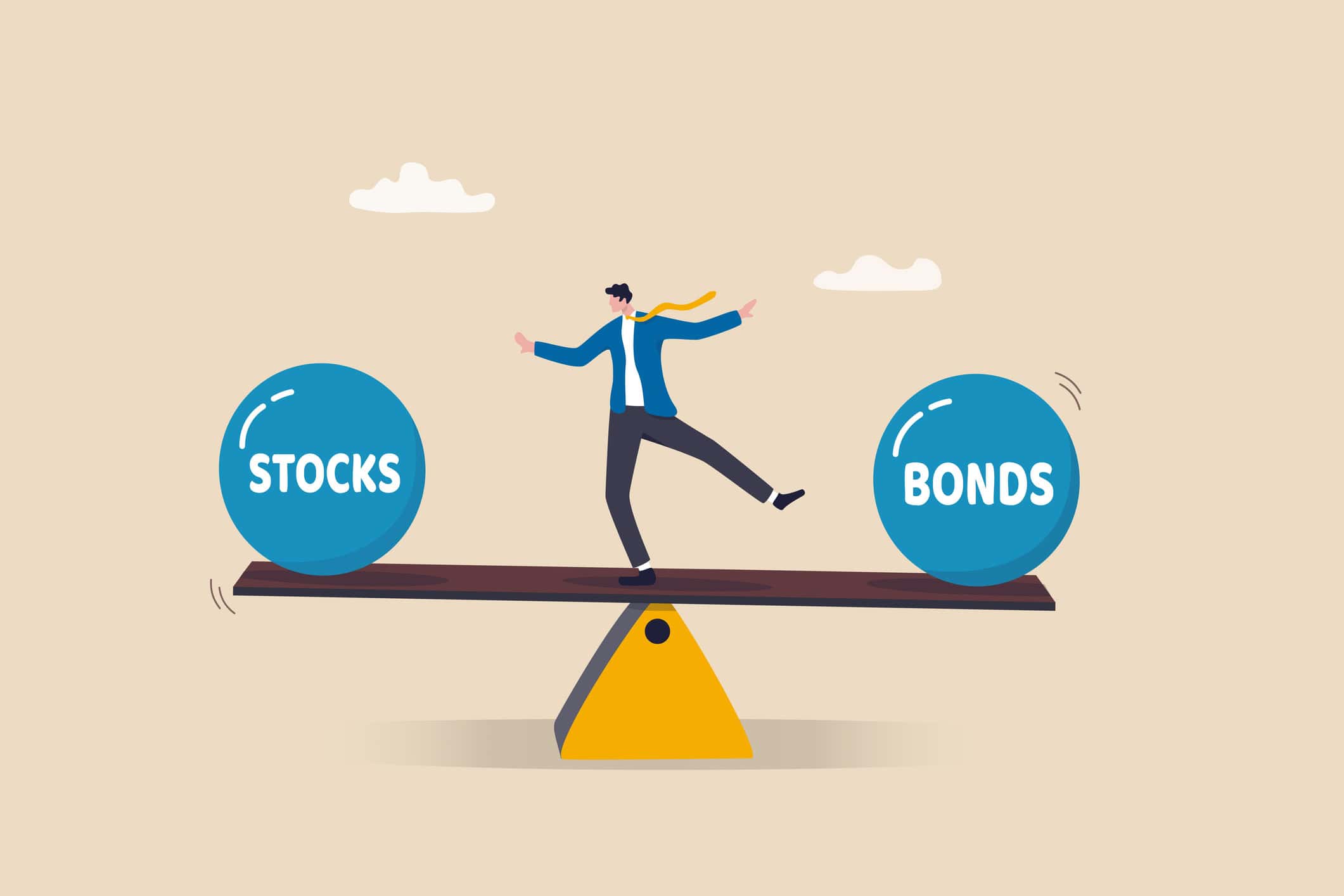
Navigating High Interest Rates: A Guide For Investors
High interest rates can have a significant impact on investors’ financial decisions. Understanding how to navigate these rates is crucial for making informed investment choices. In today’s blog post, we will examine the effects of high interest rates on investors and provide some tips on how to navigate this challenging environment, recognizing that interest rates, while remaining high, are forecasted to decline over the next few years.
First and foremost, it’s important to understand that high interest rates can affect various aspects of the investment landscape. One of the most immediate impacts is on the cost of borrowing. When rates are high, it becomes more expensive for businesses and individuals to borrow money. This can have a direct impact on investment decisions, as companies may delay or scale back their expansion plans, and consumers may reduce their spending, leading to a slowdown in economic growth.
Additionally, high interest rates can affect the value of fixed-income investments, such as bonds. When rates rise, existing bonds with lower yields are less attractive. This can lead to a decrease in the market value of these bonds. It is important for investors to carefully assess the interest rate risk associated with their fixed-income holdings and consider diversification strategies to mitigate potential losses.
Another area of concern for investors in a high-interest-rate environment is the impact on equity investments. When interest rates rise, the cost of borrowing for businesses increases, which can lead to higher expenses and potentially lower profitability. This can negatively affect stock prices, as investors may become less willing to pay a premium for companies with reduced earnings prospects.
These are among the few direct impacts, but what can you do about it? Fortunately, there are a few things!
What are the effects of high interest rates?
The effects of high interest rates can have far-reaching consequences on various aspects of the economy. As an investor, it is crucial to understand these effects to make informed decisions. In this blog post, we will explore the implications of high interest rates and how they can impact your investment portfolio.
Reduced borrowing and investment: One of the primary effects of high interest rates is a slowdown in borrowing and investment. When rates are high, the cost of borrowing money increases, leading individual borrowers, and businesses to be more cautious about taking on debt. This can result in decreased investment in new projects, which can hurt economic growth.
Increased savings: High rates can incentivize individuals and businesses to save rather than spend. It’s not uncommon to see a high yield savings account with an annual percentage yield (APY) of 5%. As the returns on savings increase, people may opt to save more, leading to a decrease in consumer spending. This can have a dampening effect on the overall economy, as consumer spending is a significant driver of economic growth.
Decreased inflation: High rates can help to curb inflationary pressures. When rates are high, borrowing becomes more expensive, which can reduce the amount of money circulating in the economy. This can lead to a decrease in demand for goods and services, ultimately resulting in lower inflation rates. Central banks often raise rates to control inflation and maintain price stability.
Appreciation of the currency: High interest rates can attract foreign investors seeking higher returns on their investments. This increased demand for the domestic currency can lead to an appreciation in its value relative to other currencies. This can have a positive impact on the economy by making imports cheaper and boosting exports.
Tips for navigating high interest rates:
- Evaluate interest rate risk: Assess the interest rate sensitivity of your investments, particularly fixed-income securities such as bonds. Understanding how changes in interest rates can affect the value of these investments can help you make informed decisions and potentially minimize losses.
- Consider adjustable-rate investments: In a high-interest-rate environment, adjustable-rate investments such as floating-rate bonds or adjustable-rate mortgages can be beneficial. These investments typically have rates that adjust periodically, which can help protect against rising rates, but also reach differently when rates are declining.
- Stay informed: Keep a close eye on interest rate trends and economic indicators that can impact interest rates. This can help you stay ahead of potential changes and make timely adjustments to your investment strategy.
Understanding how to navigate these rates is crucial for making informed investment choices and maximizing returns on investment. By staying informed about market trends and exploring alternative investment options, investors can mitigate the effects of high interest rates and potentially find growth opportunities.
What can individuals do to minimize the impact of high interest rates?
Being prepared for the impact of elevated interest rates on your financial well-being is crucial. With the upward trend, individuals should take proactive measures to minimize negative effects and capitalize on potential opportunities.
Refinance Existing Debts:
One of the most effective ways to minimize the impact of high interest rates is to consider refinancing existing debts. By refinancing at a lower interest rate, individuals can reduce their monthly payments, thereby enhancing their cash flow. This approach is particularly beneficial for long-term loans such as mortgages or student loans. However, it is essential to evaluate the associated costs and fees before proceeding with refinancing.
Pay Off High-Interest Debts:
Another prudent step is to prioritize paying off high-interest debts, such as credit card balances or personal loans. These debts typically carry higher interest rates, making them more vulnerable to rate hikes. By focusing on eliminating such debts, individuals can reduce their overall interest expenses and enhance their financial stability.
Diversify Investments:
High interest rates can impact different investments in various ways. To minimize the overall impact, it is crucial to diversify your investment portfolio. By spreading your investments across various asset classes, such as stocks, bonds, real estate, and commodities, you can mitigate the risk associated with high interest rates. Different asset classes may perform differently in response to interest rate changes, which can help to balance out the overall impact on your portfolio.
Consider Fixed-Income Alternatives:
When rates rise, the value of fixed-income investments such as bonds may decline. However, there are fixed-income alternatives that can be less sensitive to rate changes. For example, consider investing in bond funds with shorter durations or bond ladders that consist of bonds with staggered maturity dates. These strategies can help to minimize the impact of rising interest rates on your fixed-income investments.
Explore High-Yield Savings Accounts:
As interest rates rise, savings accounts can become more attractive. Look for high-yield savings accounts that offer competitive rates. These accounts can provide a safe and reliable way to earn interest on your savings while minimizing the impact of high rates. Many financial institutions are trying to compete for new business with these high-interest-rate savings accounts. Some banks are even offering no minimum deposits! In short, this is the best time to take advantage of the best rate banks can offer.
Adjust Your Budget:
In a high-interest-rate environment, it may be necessary to adjust your budget to accommodate higher interest expenses. Look for areas where you can cut back on expenses or find ways to increase your income. By creating a budget that aligns with your financial goals and accounts for higher interest costs, you can better manage the impact of high interest rates on your overall financial well-being.
As always, Seek Professional Advice:
Keep a close eye on interest rate trends and economic indicators that can impact interest rates. Seek guidance from an experienced financial advisor or investment professional. They can help you assess your risk tolerance, evaluate investment opportunities, and demystify some of these concepts.
Let Hennion & Walsh Offer a Second Opinion
Curious to learn more? Our unmatched client experience will give you peace of mind. Just as you may seek a second opinion about your health, we believe successful investors can gain value and peace of mind by getting a second opinion on their financial health. So, whether you’re worried about today’s uncertain economic environment or looking for increased peace of mind, we can help. Get a complimentary second opinion on all your investment accounts not held at Hennion & Walsh today!
Hennion & Walsh Experience
We have investment professionals, planners, and portfolio managers who can collectively analyze your situation through the lens of their respective disciplines. Each member brings valuable insights to apply to your situation. Whether you are looking for income strategy guidance or growth strategy guidance, a second opinion of all your investment accounts not currently held at Hennion & Walsh could be beneficial to your financial health.
Disclosures:
This commentary is not a recommendation to buy or sell a specific security. The content is not intended to be legal, tax or financial advice. Please consult a legal, tax or financial professional for information specific to your individual situation. Investing involves risk including possible loss of principal. Past performance is no guarantee of future results.




